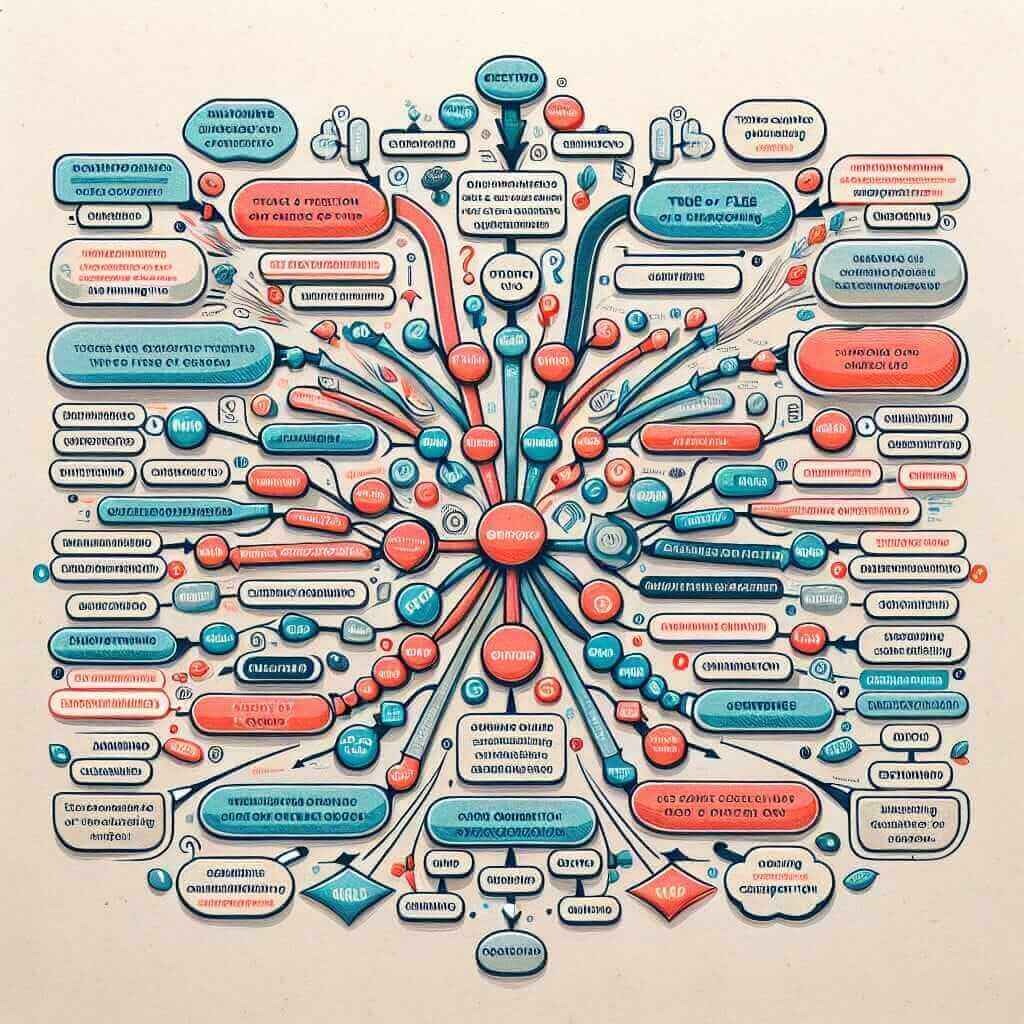The IELTS Reading section can be a challenging hurdle for many test-takers. One key to success lies in understanding the different types of questions you’ll encounter. Knowing how to approach each question type will equip you with the strategies needed to navigate the passages effectively and achieve a higher score.
Decoding the Question Types
The IELTS Reading test presents a variety of question formats, each designed to assess different reading skills. Let’s break down the most common types:
1. Multiple Choice Questions
These are familiar foes. You’ll be given a question and several answer choices, with only one correct answer.
Example:
Passage Extract: The dodo, a large, flightless bird endemic to Mauritius, went extinct in the 17th century. Human activities, including the introduction of invasive species and habitat destruction, are considered the primary drivers of its demise.
Question: What was the main reason for the dodo’s extinction?
(a) Climate change
(b) Disease outbreaks
(c) Human activities
(d) Volcanic eruptions
Answer: (c)
Tips:
- Read the question and answer choices carefully before looking back at the passage.
- Eliminate obviously incorrect answers to narrow down your choices.
- Look for synonyms and paraphrasing in the passage that match the correct answer.
2. True/False/Not Given
This tricky trio requires you to determine if information in the passage matches, contradicts, or isn’t mentioned in relation to a statement.
Example:
Passage Extract: The Great Wall of China, a UNESCO World Heritage site, is the longest man-made structure in the world, spanning over 13,000 miles.
Statement: The Great Wall of China is less than 10,000 miles long.
Answer: False
Tips:
- Remember “Not Given” means the information isn’t addressed in the passage, not that it’s impossible.
- Base your answers solely on the information provided in the text, not your own knowledge.
3. Matching Headings
Here, you’ll match a set of headings to paragraphs or sections of the passage based on their main ideas.
Example:
Headings:
(i) The Impact of Tourism
(ii) Environmental Threats
(iii) Historical Significance
Passage Extract: The Taj Mahal, an architectural marvel, attracts millions of visitors annually. However, this influx of tourists has contributed to wear and tear on the structure…
Answer: (i) The Impact of Tourism
Tips:
- Read the headings first to get an overview of the topics covered.
- Focus on identifying the key idea of each paragraph, not just specific details.
4. Sentence Completion
These questions require you to fill in gaps in sentences using words from the passage.
Example:
Passage Extract: The Amazon rainforest, often referred to as the “lungs of the Earth,” plays a vital role in absorbing carbon dioxide and releasing __.
Answer: oxygen
Tips:
- Pay close attention to grammar and word limits specified in the instructions.
- Ensure the word you choose grammatically fits the sentence and maintains the original meaning.
5. Summary Completion
You’ll be given a summary of the passage, with gaps to be filled using words from the text or a provided list.
Example:
Summary: The Industrial Revolution led to significant technological advancements, particularly in the textile industry. The invention of the _____ greatly increased the efficiency of cloth production.
Word List: (a) telescope (b) printing press (c) power loom
Answer: (c) power loom
Tips:
- Read the summary carefully to understand the context of the missing information.
- Choose words that fit both grammatically and logically within the summary.
IELTS Reading in Action
Let’s see how these question types might appear in an actual IELTS Reading passage:
Passage Topic: The History of Chocolate
(Multiple Choice) What is the origin of the word “chocolate”?
(True/False/Not Given) Chocolate was initially consumed as a sweet beverage.
(Matching Headings) Which paragraph discusses the health benefits of chocolate?
(Sentence Completion) The discovery of chocolate can be attributed to the ancient __.
(Summary Completion) European exploration played a key role in the _____ of chocolate throughout the world.

Common Pitfalls and Practice Makes Perfect
- Time Management: The IELTS Reading test is timed, so practice reading passages efficiently.
- Vocabulary: A strong vocabulary is crucial. Make note of unfamiliar words in practice passages.
- Distractors: Be wary of answer choices that use words from the passage but distort the meaning.
By familiarizing yourself with the various IELTS Reading question types and employing effective strategies, you can enhance your comprehension, boost your confidence, and achieve a desirable score. Remember, consistent practice is key!